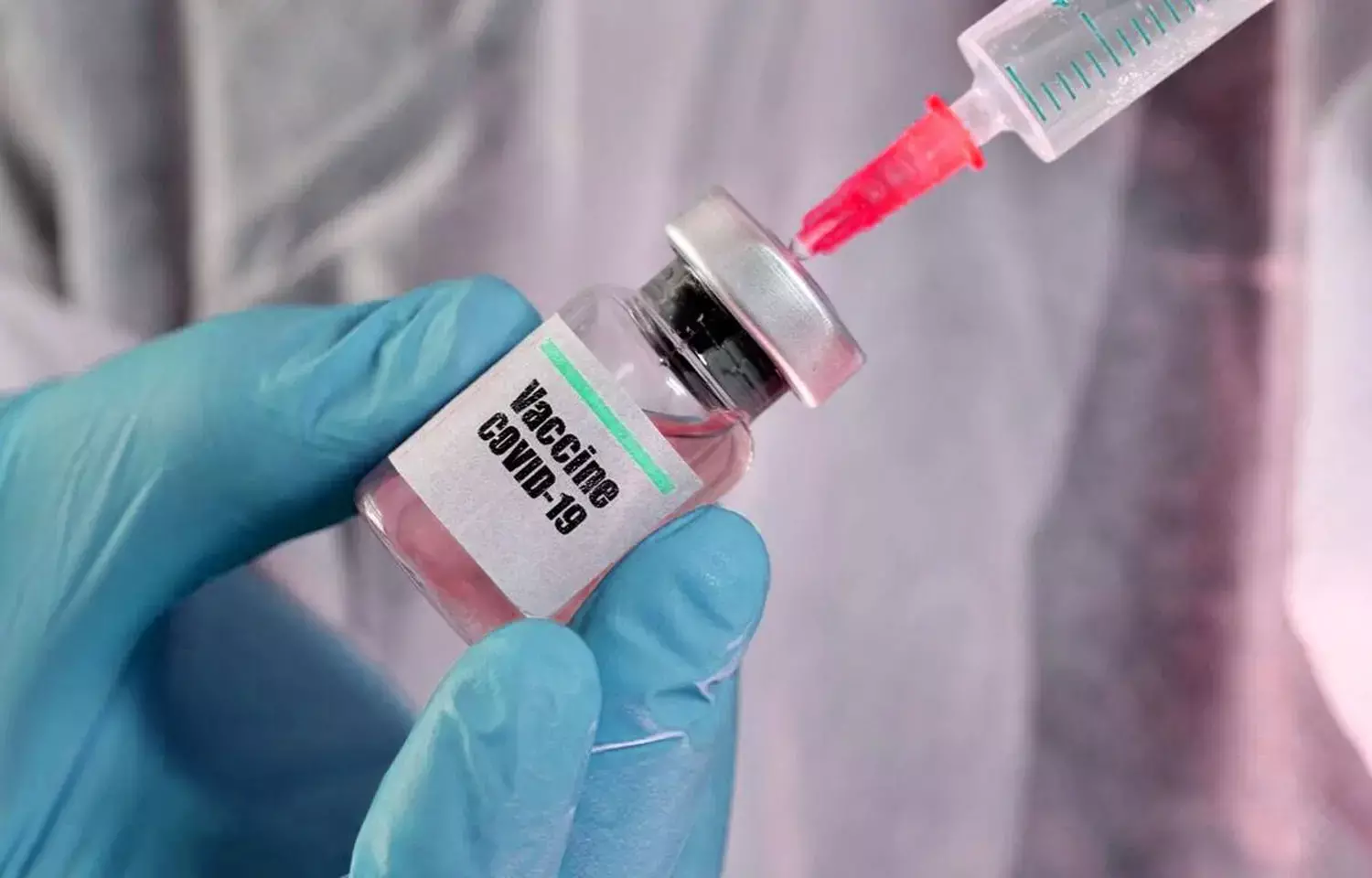- Home
- Medical news & Guidelines
- Anesthesiology
- Cardiology and CTVS
- Critical Care
- Dentistry
- Dermatology
- Diabetes and Endocrinology
- ENT
- Gastroenterology
- Medicine
- Nephrology
- Neurology
- Obstretics-Gynaecology
- Oncology
- Ophthalmology
- Orthopaedics
- Pediatrics-Neonatology
- Psychiatry
- Pulmonology
- Radiology
- Surgery
- Urology
- Laboratory Medicine
- Diet
- Nursing
- Paramedical
- Physiotherapy
- Health news
- Fact Check
- Bone Health Fact Check
- Brain Health Fact Check
- Cancer Related Fact Check
- Child Care Fact Check
- Dental and oral health fact check
- Diabetes and metabolic health fact check
- Diet and Nutrition Fact Check
- Eye and ENT Care Fact Check
- Fitness fact check
- Gut health fact check
- Heart health fact check
- Kidney health fact check
- Medical education fact check
- Men's health fact check
- Respiratory fact check
- Skin and hair care fact check
- Vaccine and Immunization fact check
- Women's health fact check
- AYUSH
- State News
- Andaman and Nicobar Islands
- Andhra Pradesh
- Arunachal Pradesh
- Assam
- Bihar
- Chandigarh
- Chattisgarh
- Dadra and Nagar Haveli
- Daman and Diu
- Delhi
- Goa
- Gujarat
- Haryana
- Himachal Pradesh
- Jammu & Kashmir
- Jharkhand
- Karnataka
- Kerala
- Ladakh
- Lakshadweep
- Madhya Pradesh
- Maharashtra
- Manipur
- Meghalaya
- Mizoram
- Nagaland
- Odisha
- Puducherry
- Punjab
- Rajasthan
- Sikkim
- Tamil Nadu
- Telangana
- Tripura
- Uttar Pradesh
- Uttrakhand
- West Bengal
- Medical Education
- Industry
Chinese COVID vaccine CoronaVac less effective against Gamma variant, claims Lancet

Developed by Sinovac Life Sciences, the vaccine CoronaVac, which can be stored and transported at 2 to 8 degrees Celsius, has been approved for emergency use in 22 countries.
Beijing: Two doses of China's CoronaVac vaccine offer 83.5 per cent protection against symptomatic Covid-19 disease, but antibodies generated by the jab work less well against the Gamma (P1) variant, according to two separate studies published in the science journal the Lancet.
The first study, led by researchers from the University of Campinas in Brazil and published in The Lancet Microbe, showed that antibodies from almost all of the people who were both partially and fully vaccinated with CoronaVac had no detectable effect on the P1 variant.
In contrast, the P1 variant was still sensitive to the antibodies in the plasma of those who had two doses in the immunisation programme (second dose 17-38 days earlier) but to a lesser extent than the B lineage virus.
Also Read:Hetero announces interim clinical results of Molnupiravir in COVID patients in India
The P1 variant was discovered in Manaus, Brazil, in early January 2021 and has 15 unique mutations. Previous studies have found evidence that it can escape neutralisation by antibodies.
"Neutralising antibodies are an important component of the immune response against SARS-CoV-2. Therefore, the capacity of the P1 variant to evade antibodies present in the plasma of CoronaVac-immunised individuals suggests that the virus can potentially circulate in vaccinated individuals -- even in areas with high vaccination rates," said Jose Luiz Proenca-Modena, from the varsity's Laboratory of Emerging Viruses.
Also Read:Amidst Coronavirus pandemic, Zika Threat looms of Kerala
However, interim data from a phase 3 trial published in The Lancet showed that two doses of China's CoronaVac vaccine offer 83.5 per cent protection against symptomatic Covid-19 disease, and can protect against severe disease and death.
"Therefore, neutralising antibodies might not be the only contributing factor -- the T-cell response may also play an important role in reducing disease severity," Proenca-Modena said.
The phase 3 trial led by researchers from the Hacettepe University Medical School in Ankara, Turkey, indicates that CoronaVac induces a robust antibody response among 90 per cent of those who received the vaccine. But, the antibody response decreased with increasing age in men and women.
CoronaVac uses an inactivated whole virus. The vaccine induces the immune system to attack the harmless form of the virus by producing antibodies to fight it off, leading to immunity.
Developed by Sinovac Life Sciences, the vaccine, which can be stored and transported at 2-8 degrees Celsius, has been approved for emergency use in 22 countries.
"One of the advantages of CoronaVac is that it does not need to be frozen, making it easier to transport and distribute. This could be particularly important for global distribution, as some countries may struggle to store large amounts of vaccine at very low temperatures," said lead author Professor Murat Akova, from Hacettepe.
No severe adverse events or deaths were reported among the more than 10,000 trial participants in Turkey, with most adverse events mild and occurring within seven days of an injection.
However, more research is needed to confirm vaccine efficacy in the long term, in a more diverse group of participants, and against emerging variants of concern, the team said.
The studies will also be presented at the 2021 European Congress of Clinical Microbiology and Infectious Diseases to be held online between July 9 and 12.
Medical Dialogues Bureau consists of a team of passionate medical/scientific writers, led by doctors and healthcare researchers. Our team efforts to bring you updated and timely news about the important happenings of the medical and healthcare sector. Our editorial team can be reached at editorial@medicaldialogues.in.


